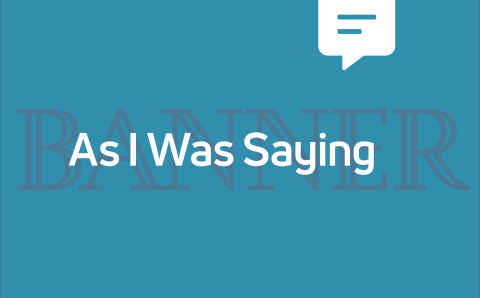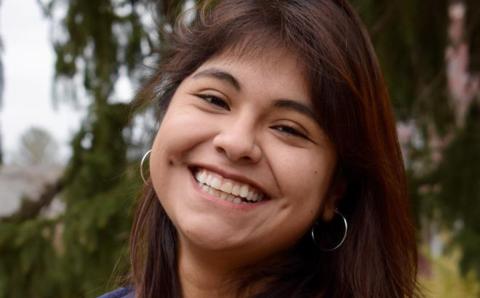“Are you saved?”
I wasn’t sure how to answer my friend Clare’s* question. I was about 9 years old, a child raised in Ontario, Canada, then living in Seoul, Korea, where my dad worked as a missionary for the Christian Reformed World Relief Committee (now World Renew).
In Ontario, I had been blissfully unaware of different denominational loyalties, theologies, terminologies, and strategies for witnessing. I knew my parents were Christians and that I was God’s child. On Sundays, my family joined our CRC congregation to worship the Lord and sing songs from the blue Psalter Hymnal—”Just as I Am, Without One Plea,” “I Know Not Why God’s Wondrous Grace,” “I Sought the Lord, and Afterward I Knew,” and many more songs of grace, mercy, and power that permeated my heart.
But “saved” wasn’t a word my parents bandied around, at least not in the way I thought Clare meant it. I “saved” coins in my piggy bank. I “saved” a seat for my friend on the bus. My mom “saved” butter wrappers to grease cookie sheets. But, me? Saved? I’m not sure, but I think I answered yes because it seemed to be the response Clare expected. Whatever my response, Clare and I became friends.
I was invited to Clare’s home. That sounded like fun to me! But I couldn’t have been more mistaken. Another guest, a man whom I now assume was an evangelist, started to talk about witnessing for Christ. There was an urgency to his presentation, but looking back, I understand that his speech wasn’t framed in reliance on the power of the triune God, but depended on manipulation, fearmongering, and self-reliance. He asked us to think about the vast number of people who hadn’t yet heard the gospel: “Just imagine if all the people in China were to walk through this living room and you were to tell them about Jesus. You would never reach all of them in your lifetime because there are so many people who still need to hear.”
When I remember that scene, I think: Really? Really! That’s how you teach a child to share the joy of Jesus?
Afterward, fear took root in me; I thought it was up to me to make people Christians—that I was responsible for their salvation. And I was only a kid!
Through the decades, I have had to unlearn what was taught to me that night: the fear, the responsibility that is not mine to claim, and the sense that I need to fix things that are beyond my control.
The songs of my childhood proved a reliable framework for the unlearning I engaged in. The truths I found in “Just as I Am, Without One Plea,” “I Know Not Why God’s Wondrous Grace,” and “I Sought the Lord, and Afterward I Knew” continue to put my focus on the gospel’s invitation to grace and restoration for me and others. I was dead in my sins; Christ made me alive. Others are dead in their sins; only Christ can make them alive. I can’t do it for them. You can’t do it for them.
But there is something we can do. The African American spiritual “There Is a Balm in Gilead” speaks truth: “If you cannot preach like Peter, if you cannot pray like Paul, you can tell the love of Jesus and say, ‘He died for all’” (Lift Up Your Hearts, # 706). Tell the love of Jesus—just as you are without one plea, not knowing why God’s wondrous grace was made known to you, and comforted in the knowledge that when you sought the Lord, it was God who moved you to seek him.
(*Clare is a fictional name for purposes of confidentiality.)
About the Author
Sonya VanderVeen Feddema is a freelance writer and a member of Covenant CRC in St. Catharines, Ontario.








